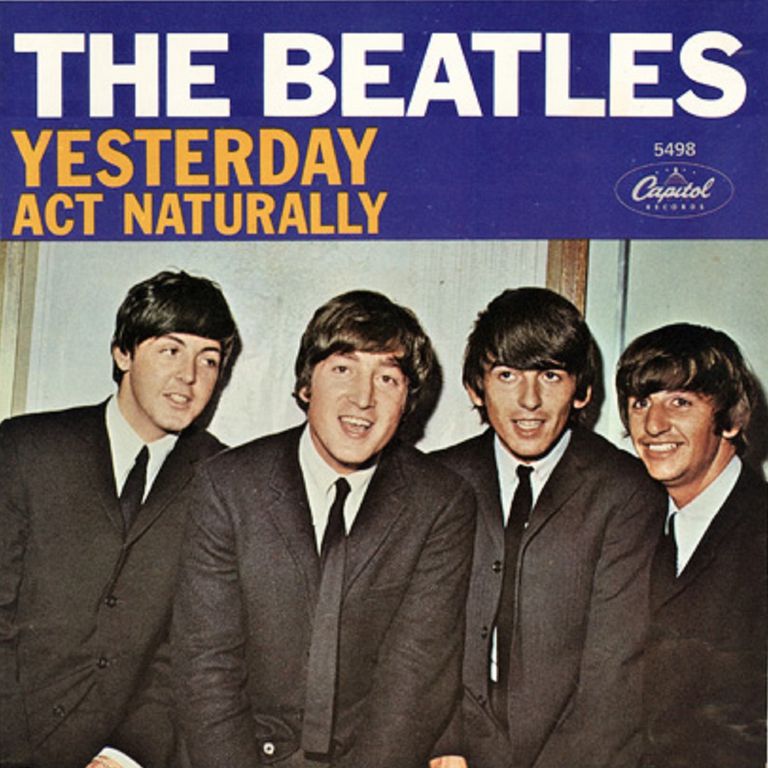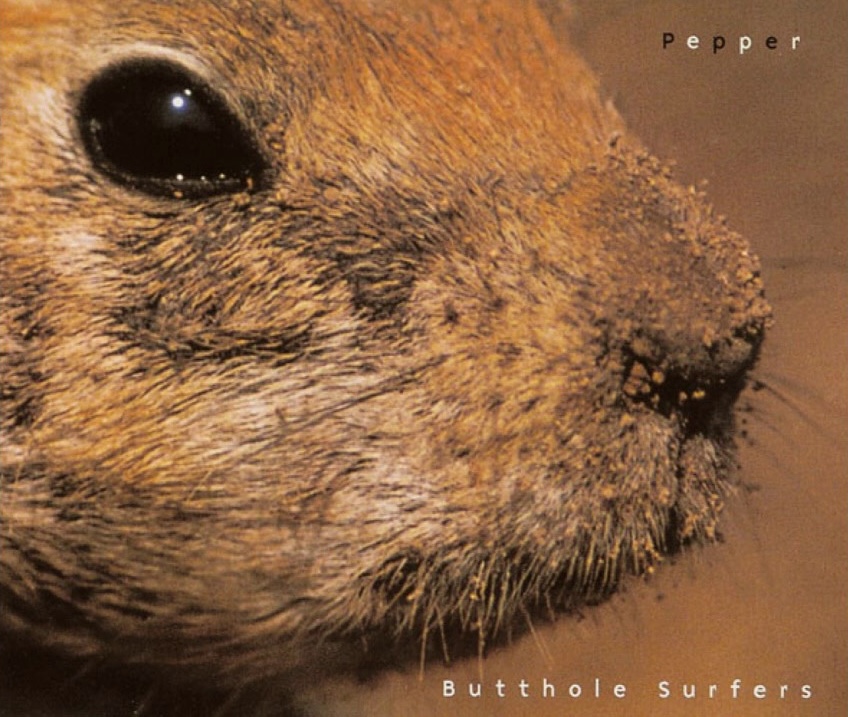October 9, 1965
- STAYED AT #1:4 Weeks
In The Number Ones, I'm reviewing every single #1 single in the history of the Billboard Hot 100, starting with the chart's beginning, in 1958, and working my way up into the present.
"Yesterday" was, in effect, the first solo record from a Beatle. Paul McCartney famously wrote the song's melody while asleep, hearing it in a dream. He held onto it for weeks, convinced that he'd been thinking of some nagging previously existing melody. He sang it for people, asking them whether they knew what song it was. Nobody knew, so McCartney finally decided, rightly, that it was his. (Not that the Beatles were ever that shy about swiping musical ideas.)
McCartney kept tinkering with "Yesterday" on the set of the Beatles' movie Help!, reportedly aggravating both director Richard Lester, who threatened to take away his piano, and the rest of the band. He kept working on the words, too. For a while, the song's working title, as a sort of private in-joke, was "Scrambled Eggs." When McCartney did figure it out, when he recorded it, he was the only Beatle to do so. He sings and plays guitar, with no other Beatles anywhere on the record. The only thing accompanying McCartney is a string quartet that producer George Martin arranged.
There was talk of releasing "Yesterday" as a McCartney solo single, but manager Brian Epstein thought better of it. The rest of the Beatles didn't really care about the song. They blocked the label from releasing it as a single in the UK, figuring it went against the image that they'd cultivated. They were right, of course, but it didn't matter. The song ended up huge anyway -- ridiculously, historically huge. By some estimations, it's the most covered song in the history of popular music.
Fair enough. It is a very pretty song. McCartney sings about regret, about knowing that he fucked a good thing up and consciously deciding to live in the past rather than the present. He never works to oversell the song's sentiment. Instead, he sings those words with a blank simplicity, trusting his dream-melody to do the heavy lifting. Martin's strings, meanwhile, shadow those sentiments perfectly, giving them subtle shading without ever coming close to overshadowing McCartney or drowning him out. "Yesterday" is the sort of thing we should be celebrating: a peerless pop craftsman taking a big leap into the unknown and then watching his risk pay off. It's evidence of one of the most popular musicians on the planet turning out to be much, much more creative and expressive than he had to be. It's an example of how pop music should work.
So why can't I get excited about "Yesterday"? Maybe it's a simple case of overexposure. I've lived my entire life with the shadow of this song hanging over me, hearing it transformed into countless varieties of elevator music. It's a song that's held up as a pinnacle of pop-music achievement. But it's also a two-minute acoustic ditty about feeling sad. It's slight. If you're not in the right mood, it might also be boring. The Beatles' early hits were recorded in a hormonal haze of excitement, and you can still hear the ghost of that feeling in the recordings. There's nothing like that on "Yesterday."
Maybe I resent "Yesterday," on some level, because it turned out to be the beginning of the Beatles' dicking-around-with-orchestras era. Or maybe this just wasn't a song built to sustain the noise that built up around it. Either way, I hold that "Yesterday" is best enjoyed it as a soft little trifle of a song, not as some defining generational masterwork. It's a pretty good song. Does it really have to be more than that?
GRADE: 7/10
BONUS BEATS: Here's Marvin Gaye's 1970 version of "Yesterday," which, for my money, blows the original out of the water:






